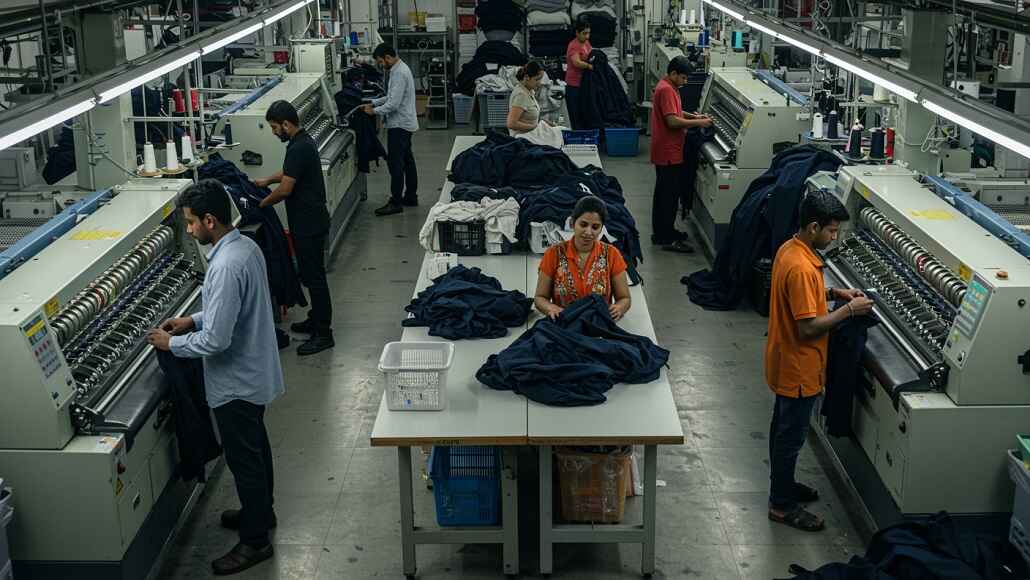This advocacy gained particular significance as the European Union engaged in discussions with representatives from Central Asian nations, seeking to strengthen cooperation during the inaugural EU-Central Asia cooperation summit.
Taking place from April 3 to 4 in Samarkand, Uzbekistan, the EU-Central Asia cooperation summit brought together heads of state from Kazakhstan, the Kyrgyz Republic, Tajikistan, Turkmenistan, and Uzbekistan, along with EU representatives. The participants reached several important agreements, deciding to elevate EU-Central Asia relations to a strategic partnership. The EU reaffirmed its commitment to the goals set out in the 2019 EU Strategy on Central Asia.
All attending states pledged to collaborate in promoting peace, security, and democracy, firmly adhering to international law as outlined in the UN Charter. This commitment includes respecting state sovereignty and territorial integrity within internationally recognized borders.
The leaders emphasized the need to avoid using or threatening force in international relations and stressed the importance of resolving conflicts through peaceful means while upholding international humanitarian law.
The summit acknowledged the strategic importance of enhancing cooperation on critical raw materials, ensuring secure and diversified supply chains. A signed Declaration of Intent will further this collaboration, enhancing economic resilience and facilitating a transition towards a greener and more digital economy.
The EU expressed support for Central Asian nations participating in the Global Methane Pledge.
Leaders from the EU and Central Asia also agreed to continue implementing innovative water-energy cooperation strategies aimed at protecting and efficiently using water resources. Efforts to improve conditions in the Aral Sea region and its broader basin were also discussed.
Importantly, both EU and Central Asian leaders reiterated their shared commitment to upholding the rule of law, human rights, and fundamental freedoms as core values.
Ahead of the EU-Central Asia cooperation summit, a campaign sent a message to senior EU officials, urging the prioritization of workers’ rights, including freedom of association and collective bargaining, in discussions with Uzbekistan and Turkmenistan.
The campaign emphasized that protecting these rights in Uzbekistan is crucial for addressing ongoing forced labor concerns and aligning with international labor standards, both of which are essential for attracting ethical sourcing practices from global brands and retailers.
In Turkmenistan, despite initial government actions aimed at addressing systemic forced labor during cotton harvesting, there remains a pressing need to focus on labor rights and empower workers. These measures are vital for implementing meaningful reforms to combat the root causes of forced labor.
Raluca Dumitrescu, senior coordinator of the Cotton Campaign, stated, “Freedom of association and collective bargaining rights are fundamental to workplace democracy and crucial for maintaining stable supply chains. The EU should leverage the EU-Central Asia cooperation summit to reinforce the importance of protecting these rights to comply with ILO standards and best practices in global supply chain governance.
“In Uzbekistan, although state-imposed forced labor during the cotton harvest has been eliminated, restrictions on workers’ rights continue to pose risks of forced labor and other violations in the sector. Ensuring that workers can genuinely exercise these rights would provide brands and retailers with the necessary assurances to source cotton products in compliance with their human rights due diligence laws, including those applicable across the EU.”
Background Context
Uzbekistan has effectively eliminated state-directed forced labor from its annual cotton harvest over the past three years; however, risks related to forced labor remain. The government still wields undue influence over farmers and the cotton harvesting process. Reports of coercion and pressure on workers seeking improved working conditions have increased, according to the Cotton Campaign.
In November 2024, the International Union of Food, Agricultural, Hotel, Restaurant, Catering, Tobacco and Allied Workers’ Associations (IUF) filed a formal grievance against Uzbekistan’s government with the ILO Committee on Freedom of Association.
Following this, in March of the current year, the EU Commission conducted its second assessment mission to Uzbekistan to evaluate the country’s compliance with human and labor rights conventions under the Generalised Scheme of Preferences Plus (GSP+).
In Turkmenistan, although there has been some engagement with the International Labor Organization (ILO) through two successive Roadmaps for Collaboration to facilitate monitoring of cotton harvests, systemic state-imposed forced labor continues to plague these harvests. The government suppresses civic freedoms necessary to combat forced labor and ensure lasting reforms, as noted by the Cotton Campaign.
Workers in Turkmenistan lack independent trade unions to protect them against exploitation in the workplace. Existing unions, which are neither independent nor representative, often contribute to the perpetuation of forced labor by organizing financial collections from state employees to pay substitute cotton pickers. The outcomes of the EU-Central Asia cooperation summit could play a critical role in addressing these labor issues in the region.

































